ndege JOHN
JF-Expert Member
- Aug 5, 2015
- 20,817
- 48,791
United Kingdom, island country located off the northwestern coast of mainland Europe. The United Kingdom comprises the whole of the island of Great Britain—which contains England, Wales, and Scotland—as well as the northern portion of the island of Ireland. The name Britain is sometimes used to refer to the United Kingdom as a whole. The capital is London, which is among the world’s leading commercial, financial, and cultural centres. Other major cities include Birmingham, Liverpool, and Manchester in England, Belfastand Londonderry in Northern Ireland, Edinburgh and Glasgow in Scotland, and Swansea and Cardiff in Wales.

flag of the United Kingdom
Audio File: Anthem of United Kingdom (see article)
See all media
Category: Geography & Travel
See all facts & stats →

United Kingdom

Big Ben, London

British Isles terminology
Terminology for the British Isles, the United Kingdom, Great Britain, and Ireland.
The origins of the United Kingdom can be traced to the time of the Anglo-Saxon king Athelstan, who in the early 10th century CEsecured the allegiance of neighbouring Celtic kingdoms and became “the first to rule what previously many kings shared between them,” in the words of a contemporary chronicle. Through subsequent conquest over the following centuries, kingdoms lying farther afield came under English dominion. Wales, a congeries of Celtic kingdoms lying in Great Britain’s southwest, was formally united with England by the Acts of Union of 1536 and 1542. Scotland, ruled from London since 1603, formally was joined with England and Wales in 1707 to form the United Kingdom of Great Britain. (The adjective “British” came into use at this time to refer to all the kingdom’s peoples.) Ireland came under English control during the 1600s and was formally united with Great Britain through the Act of Union of 1800. The republic of Ireland gained its independence in 1922, but six of Ulster’s nine counties remained part of the United Kingdom as Northern Ireland. Relations between these constituent states and England have been marked by controversy and, at times, open rebellion and even warfare. These tensions relaxed somewhat during the late 20th century, when devolved assemblies were introduced in Northern Ireland, Scotland, and Wales. Nonetheless, even with the establishment of a power-sharing assembly after referenda in both Northern Ireland and the Irish republic, relations between Northern Ireland’s unionists (who favour continued British sovereignty over Northern Ireland) and nationalists (who favour unification with the republic of Ireland) remained tense into the 21st century.


The United Kingdom has made significant contributions to the world economy, especially in technology and industry. Since World War II, however, the United Kingdom’s most prominent exports have been cultural, including literature, theatre, film, television, and popular music that draw on all parts of the country. Perhaps Britain’s greatest export has been the English language, now spoken in every corner of the world as one of the leading international mediums of cultural and economic exchange.
The United Kingdom retains links with parts of its former empire through the Commonwealth. It also benefits from historical and cultural links with the United States and is a member of the North Atlantic Treaty Organization (NATO). Moreover, the United Kingdom became a member of the European Union in 1973. Many Britons, however, were sometimes reluctant EU members, holding to the sentiments of the great wartime prime minister Winston Churchill, who sonorously remarked, “We see nothing but good and hope in a richer, freer, more contented European commonalty. But we have our own dream and our own task. We are with Europe, but not of it. We are linked, but not comprised. We are interested and associated, but not absorbed.” Indeed, in June 2016, in a referendum on whether the United Kingdom should remain in the EU, 52 percent of British voters chose to leave. After much negotiation, several deadline extensions, prolonged domestic political discord, and two changes of prime minister, an agreement on “Brexit” (British exit from the EU) was reached that satisfied both the EU and the majority of Parliament. Thus, on January 31, 2020, the United Kingdom would become the first country to withdraw from the EU.

Britannica Quiz
Match the Country with Its Hemisphere Quiz
Ralph Charles AtkinsThe Editors of Encyclopaedia Britannica

Windermere, Cumbria, England
The United Kingdom comprises four geographic and historical parts—England, Scotland, Wales, and Northern Ireland. The United Kingdom contains most of the area and population of the British Isles—the geographic term for the group of islands that includes Great Britain, Ireland, and many smaller islands. Together England, Wales, and Scotland constitute Great Britain, the larger of the two principal islands, while Northern Ireland and the republic of Ireland constitute the second largest island, Ireland. England, occupying most of southern Great Britain, includes the Isles of Scilly off the southwest coast and the Isle of Wight off the southern coast. Scotland, occupying northern Great Britain, includes the Orkney and Shetlandislands off the northern coast and the Hebrides off the northwestern coast. Wales lies west of England and includes the island of Anglesey to the northwest.
Apart from the land border with the Irish republic, the United Kingdom is surrounded by sea. To the south of England and between the United Kingdom and France is the English Channel. The North Sea lies to the east. To the west of Wales and northern England and to the southeast of Northern Ireland, the Irish Sea separates Great Britain from Ireland, while southwestern England, the northwestern coast of Northern Ireland, and western Scotland face the Atlantic Ocean. At its widest the United Kingdom is 300 miles (500 km) across. From the northern tip of Scotland to the southern coast of England, it is about 600 miles (1,000 km). No part is more than 75 miles (120 km) from the sea. The capital, London, is situated on the tidal River Thames in southeastern England.
Get a Britannica Premium subscription and gain access to exclusive content. Subscribe Now

North Channel coast, Northern Ireland
The North Channel coast south of Torr Head, Northern Ireland.
The archipelago formed by Great Britain and the numerous smaller islands is as irregular in shape as it is diverse in geology and landscape. This diversity stems largely from the nature and disposition of the underlying rocks, which are westward extensions of European structures, with the shallow waters of the Strait of Dover and the North Sea concealing former land links. Northern Ireland contains a westward extension of the rock structures of Scotland. These common rock structures are breached by the narrow North Channel.
On a global scale, this natural endowment covers a small area—approximating that of the U.S. state of Oregon or the African country of Guinea—and its internal diversity, accompanied by rapid changes of often beautiful scenery, may convey to visitors from larger countries a striking sense of compactness and consolidation. The peoples who, over the centuries, have hewed an existence from this Atlantic extremity of Eurasia have put their own imprint on the environment, and the ancient and distinctive palimpsest of their field patterns and settlements complements the natural diversity.
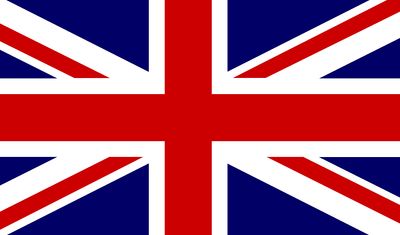
flag of the United Kingdom
Audio File: Anthem of United Kingdom (see article)
See all media
Category: Geography & Travel
See all facts & stats →

United Kingdom
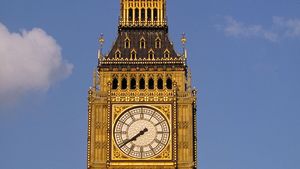
Big Ben, London
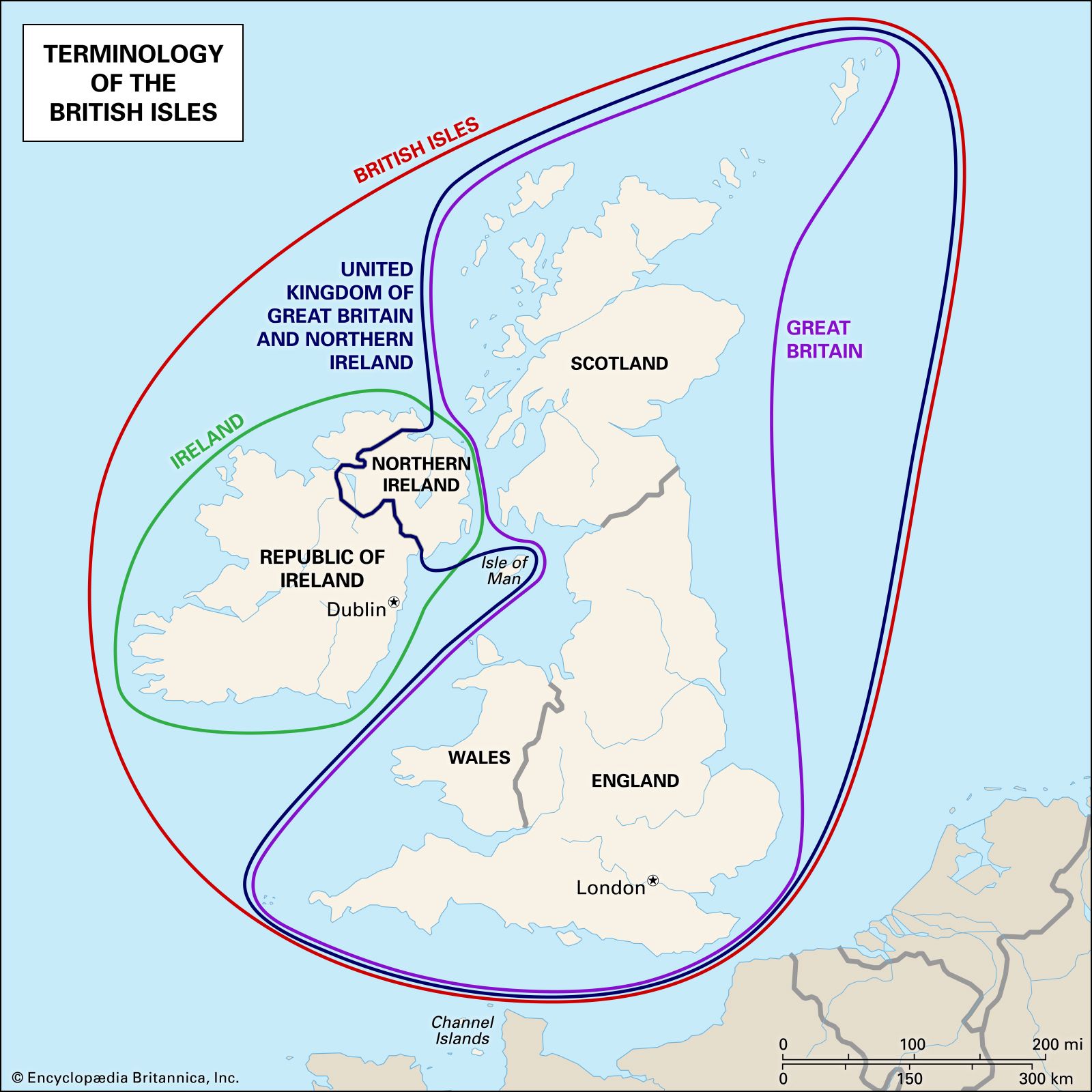
British Isles terminology
Terminology for the British Isles, the United Kingdom, Great Britain, and Ireland.
The origins of the United Kingdom can be traced to the time of the Anglo-Saxon king Athelstan, who in the early 10th century CEsecured the allegiance of neighbouring Celtic kingdoms and became “the first to rule what previously many kings shared between them,” in the words of a contemporary chronicle. Through subsequent conquest over the following centuries, kingdoms lying farther afield came under English dominion. Wales, a congeries of Celtic kingdoms lying in Great Britain’s southwest, was formally united with England by the Acts of Union of 1536 and 1542. Scotland, ruled from London since 1603, formally was joined with England and Wales in 1707 to form the United Kingdom of Great Britain. (The adjective “British” came into use at this time to refer to all the kingdom’s peoples.) Ireland came under English control during the 1600s and was formally united with Great Britain through the Act of Union of 1800. The republic of Ireland gained its independence in 1922, but six of Ulster’s nine counties remained part of the United Kingdom as Northern Ireland. Relations between these constituent states and England have been marked by controversy and, at times, open rebellion and even warfare. These tensions relaxed somewhat during the late 20th century, when devolved assemblies were introduced in Northern Ireland, Scotland, and Wales. Nonetheless, even with the establishment of a power-sharing assembly after referenda in both Northern Ireland and the Irish republic, relations between Northern Ireland’s unionists (who favour continued British sovereignty over Northern Ireland) and nationalists (who favour unification with the republic of Ireland) remained tense into the 21st century.
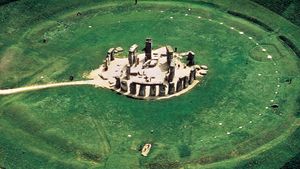
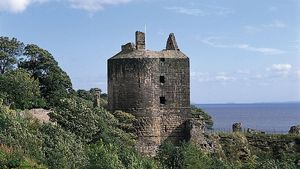
The United Kingdom has made significant contributions to the world economy, especially in technology and industry. Since World War II, however, the United Kingdom’s most prominent exports have been cultural, including literature, theatre, film, television, and popular music that draw on all parts of the country. Perhaps Britain’s greatest export has been the English language, now spoken in every corner of the world as one of the leading international mediums of cultural and economic exchange.
The United Kingdom retains links with parts of its former empire through the Commonwealth. It also benefits from historical and cultural links with the United States and is a member of the North Atlantic Treaty Organization (NATO). Moreover, the United Kingdom became a member of the European Union in 1973. Many Britons, however, were sometimes reluctant EU members, holding to the sentiments of the great wartime prime minister Winston Churchill, who sonorously remarked, “We see nothing but good and hope in a richer, freer, more contented European commonalty. But we have our own dream and our own task. We are with Europe, but not of it. We are linked, but not comprised. We are interested and associated, but not absorbed.” Indeed, in June 2016, in a referendum on whether the United Kingdom should remain in the EU, 52 percent of British voters chose to leave. After much negotiation, several deadline extensions, prolonged domestic political discord, and two changes of prime minister, an agreement on “Brexit” (British exit from the EU) was reached that satisfied both the EU and the majority of Parliament. Thus, on January 31, 2020, the United Kingdom would become the first country to withdraw from the EU.
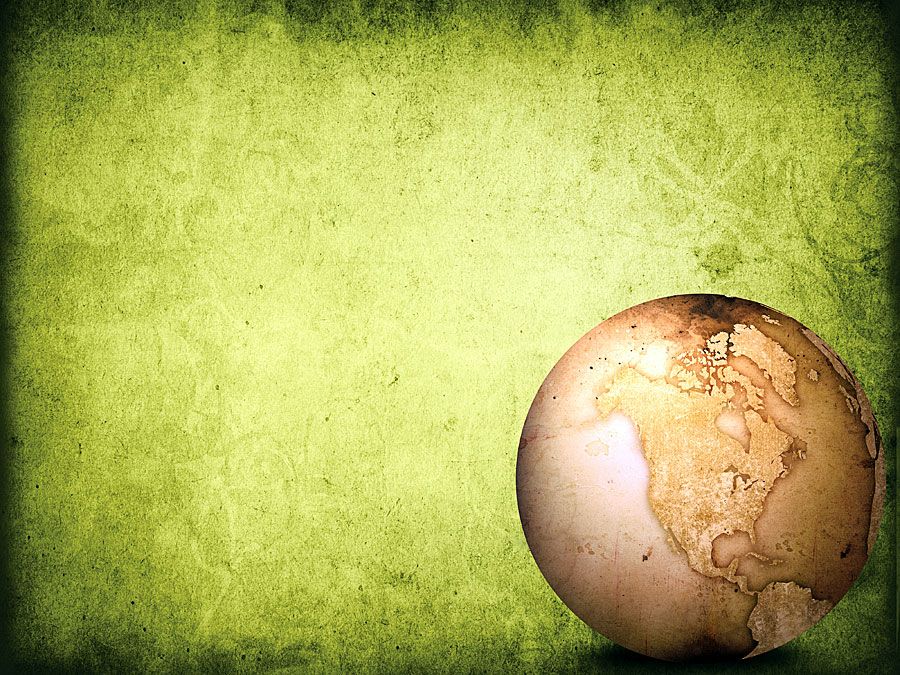
Britannica Quiz
Match the Country with Its Hemisphere Quiz
Ralph Charles AtkinsThe Editors of Encyclopaedia Britannica
Land
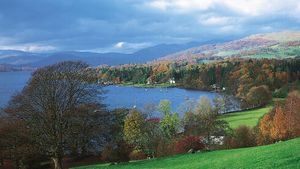
Windermere, Cumbria, England
The United Kingdom comprises four geographic and historical parts—England, Scotland, Wales, and Northern Ireland. The United Kingdom contains most of the area and population of the British Isles—the geographic term for the group of islands that includes Great Britain, Ireland, and many smaller islands. Together England, Wales, and Scotland constitute Great Britain, the larger of the two principal islands, while Northern Ireland and the republic of Ireland constitute the second largest island, Ireland. England, occupying most of southern Great Britain, includes the Isles of Scilly off the southwest coast and the Isle of Wight off the southern coast. Scotland, occupying northern Great Britain, includes the Orkney and Shetlandislands off the northern coast and the Hebrides off the northwestern coast. Wales lies west of England and includes the island of Anglesey to the northwest.
Apart from the land border with the Irish republic, the United Kingdom is surrounded by sea. To the south of England and between the United Kingdom and France is the English Channel. The North Sea lies to the east. To the west of Wales and northern England and to the southeast of Northern Ireland, the Irish Sea separates Great Britain from Ireland, while southwestern England, the northwestern coast of Northern Ireland, and western Scotland face the Atlantic Ocean. At its widest the United Kingdom is 300 miles (500 km) across. From the northern tip of Scotland to the southern coast of England, it is about 600 miles (1,000 km). No part is more than 75 miles (120 km) from the sea. The capital, London, is situated on the tidal River Thames in southeastern England.
Get a Britannica Premium subscription and gain access to exclusive content. Subscribe Now
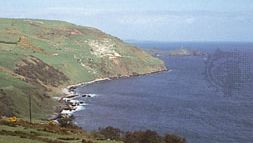
North Channel coast, Northern Ireland
The North Channel coast south of Torr Head, Northern Ireland.
The archipelago formed by Great Britain and the numerous smaller islands is as irregular in shape as it is diverse in geology and landscape. This diversity stems largely from the nature and disposition of the underlying rocks, which are westward extensions of European structures, with the shallow waters of the Strait of Dover and the North Sea concealing former land links. Northern Ireland contains a westward extension of the rock structures of Scotland. These common rock structures are breached by the narrow North Channel.
On a global scale, this natural endowment covers a small area—approximating that of the U.S. state of Oregon or the African country of Guinea—and its internal diversity, accompanied by rapid changes of often beautiful scenery, may convey to visitors from larger countries a striking sense of compactness and consolidation. The peoples who, over the centuries, have hewed an existence from this Atlantic extremity of Eurasia have put their own imprint on the environment, and the ancient and distinctive palimpsest of their field patterns and settlements complements the natural diversity.